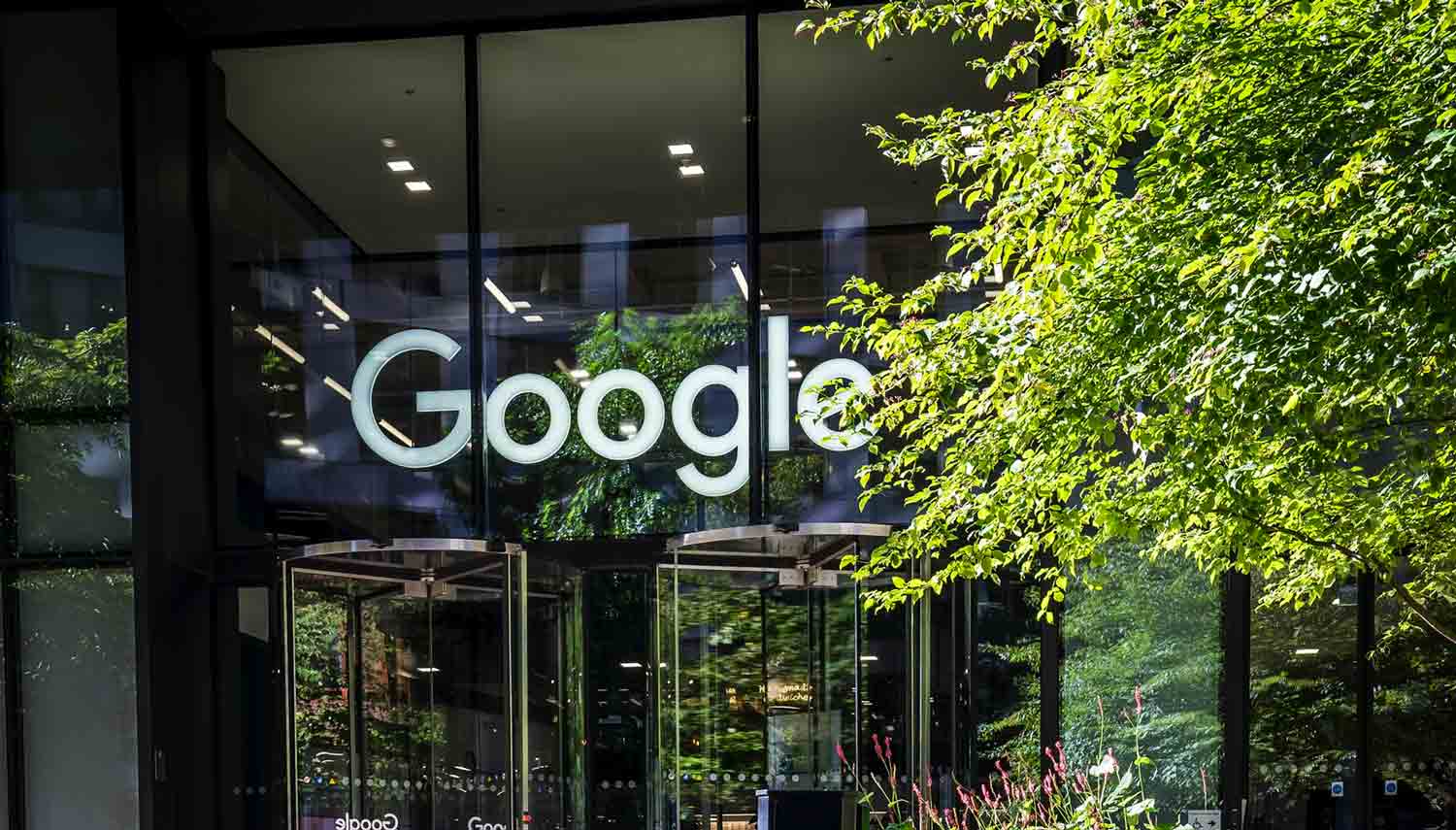

The notion of artificial intelligence (AI) and the Singularity has been around for many years, but it has recently gained popularity in mainstream discussions. The Singularity refers to a theoretical point in time when AI surpasses human intelligence, leading to a rapid advancement of technology. This could result in a future where machines can independently think and act, potentially making humans no longer the dominant species on Earth.
Proponents of the Singularity, such as futurist Ray Kurzweil, believe that it will happen sometime in the 21st century. Kurzweil predicts that by 2045, AI will have advanced to the point where it can think and act independently, solving problems that are currently beyond human capabilities.
The potential consequences of the Singularity are both exciting and alarming. On one hand, AI could be utilized to address crucial global issues like poverty, disease, and climate change. On the other hand, it may lead to a future where machines control the planet and humans are no longer dominant.
The implications of the Singularity are vast and profound. It could result in a future where machines are capable of independent thought and action, potentially rendering human labor unnecessary. Additionally, AI could drive innovation and the creation of new technologies, reducing the reliance on human ingenuity.
From an ethical perspective, the implications of the Singularity raise concerns. AI could be employed to develop autonomous weapons or manipulate human behavior. Furthermore, it has the potential to create a future in which machines dictate human decisions and control our destiny.
The consequences of the Singularity are both exciting and unsettling, and it is impossible to predict exactly what the future holds. However, it is evident that AI and the Singularity will profoundly impact humanity. Therefore, it is crucial to carefully consider the potential implications and ensure that AI is used for the betterment of humanity rather than harm.
In conclusion, the concept of AI and the Singularity is both thrilling and potentially alarming. It may lead to a future where machines can independently think and act, and humans are no longer the dominant species on Earth. Additionally, it could result in a world where robots replace human labor. It is imperative that we contemplate the potential consequences of the Singularity and take steps to ensure its positive usage for the benefit of humanity.
Related Posts




